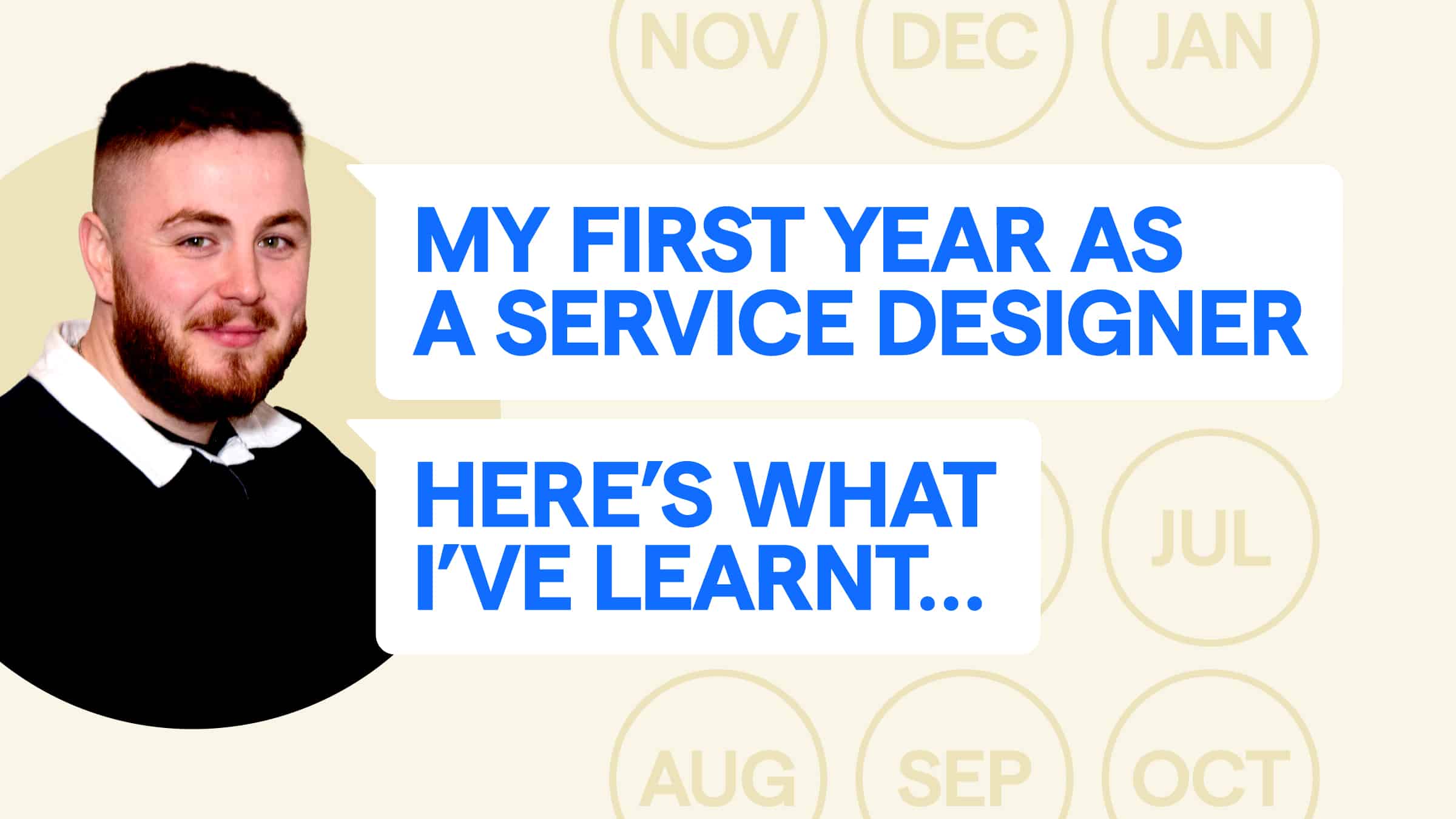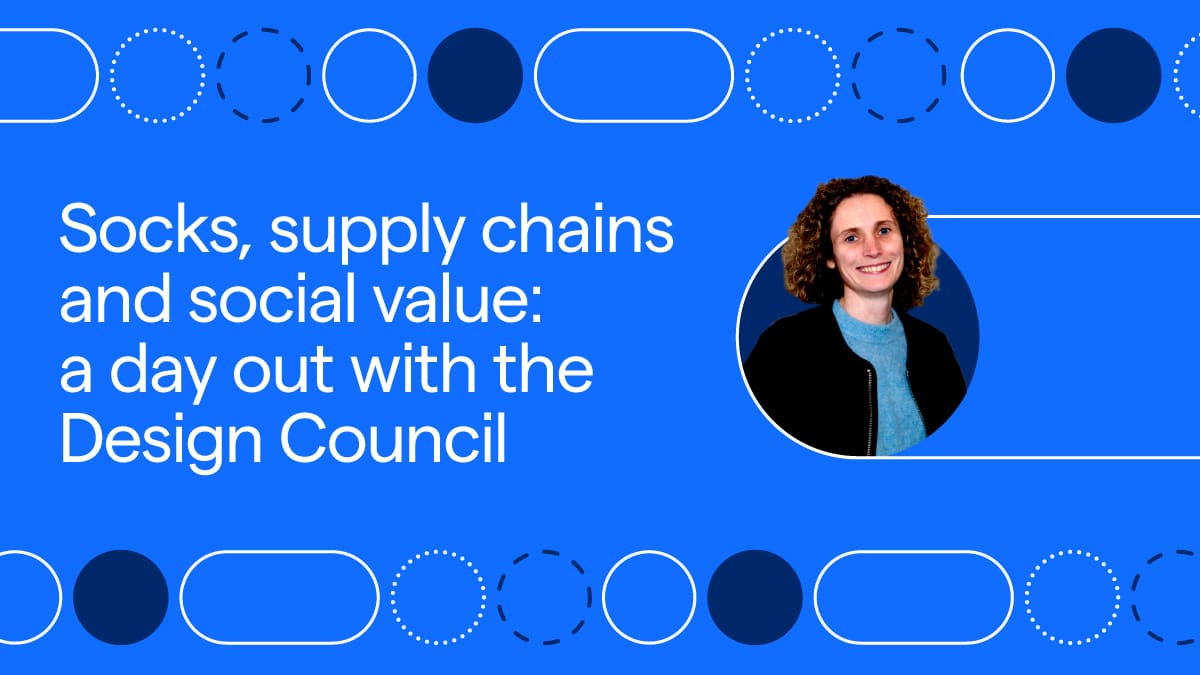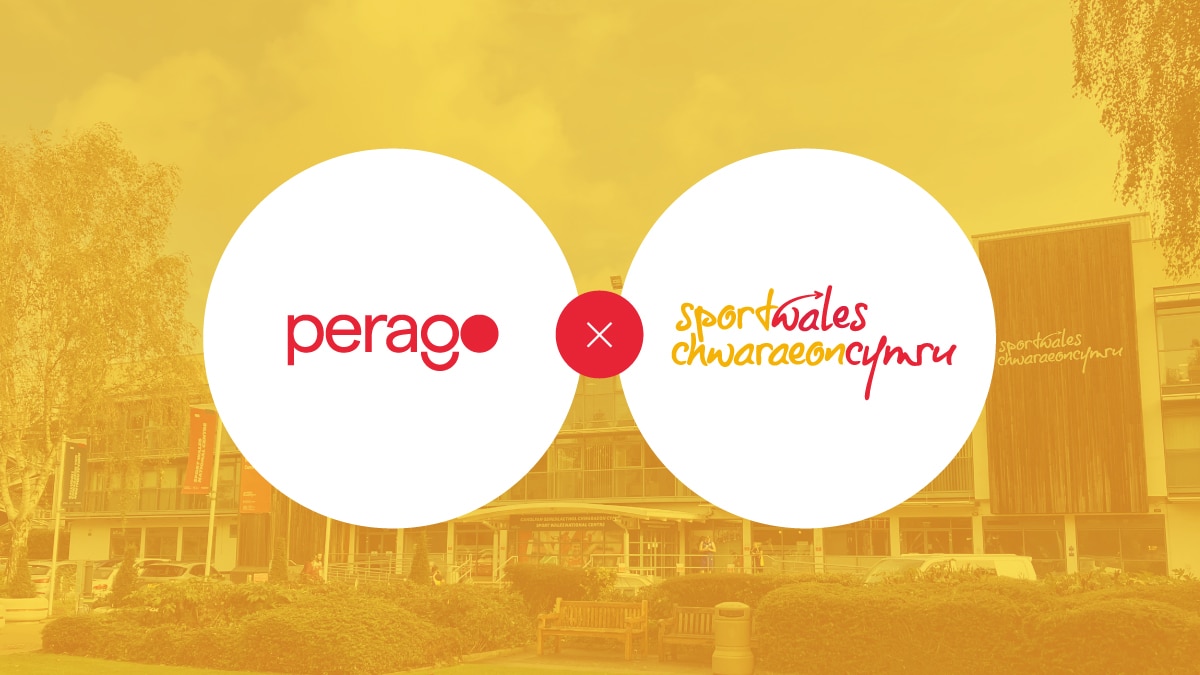Communicating digital – what is the role of comms?
7 min read Written by: Victoria Ford
What is digital transformation?
Perhaps a good starting point is what we mean by digital transformation. If we think of digital in terms of technology, platforms and coding then we might decide that our role is limited to sharing updates and operating instructions. We may even steer clear completely, paralysed by talk of “on prem”, “cloud” and “SAAS solutions”.
But what if we think about it in a different way? My definition of digital transformation is this:
The terms digital and IT are often used interchangeably, but digital transformation is so much more than just technology. It’s designing services around the needs of your users, it’s creating an organisation with the culture and skills for change to succeed. It’s about people.
Now we’re talking about people, about culture and about users. We’re talking about preparing organisations and users to thrive in a digital world.
We may need to start thinking differently about how we engage with change and how we help deliver successful outcomes, but the skills we have as comms professionals have never been so important. As more and more organisations look at their services and how their users are interacting with them, conversations about the role of comms teams are starting to happen.
Community of practice
This week I joined a meeting of the Community of Practice for Communicating Digital set up by the newly created Centre for Digital Public Services. It’s a group brought together to share good practice, provide support and work collaboratively. It’s one of those places where the conversations are happening. We were joined by Adam Palmer from Dwr Cymru Welsh Water and Ross Gregory, my colleague from Perago. The idea was to bring in two agile delivery managers to give their experience of working with comms teams. Rather than comms people talking to comms people in a bubble we were given the perspective of those directly involved in delivering digital change.
The key to delivering successful change
Adam shared some of the learning from the Dwr Cymru Welsh Water delivery team over the last few years and in particular the mind shift from a focus on outputs and delivery dates to outcomes and iterative working. To deliver successful digital change as delivery manager Adam focuses on 3 things:
- An effective delivery mechanism
- Effective ways of working
- Effective communications
So what do effective communications look like?
Adam explained that historically he’d seen the role of comms being limited to sharing content 2 weeks before go live and expecting the comms teams to share that content through corporate channels. Over the last few years Adam and Ross have worked closely with the comms team and shifted not just the thinking, but the reality as well. As a result they were able to share their top 3 thoughts for comms professionals involved in communicating digital change.
- Comms need to be part of the strategy discussion. Include comms from the outset and give them a head start. Delivery managers need to focus on outcomes and comms people can help bring clarity to those outcomes by being involved in the conversations where strategy is developed and tested.
- Think about how to engage internally. Adam and Ross gave an example of working with the comms team to create tangible prototypes of the change they were delivering that could be shared with colleagues to get feedback and bring the change to life. That way colleagues started to feel part of the change that was happening and could engage as the changes progressed, providing support and helping embed new ways of working.
- Trust the comms expertise in the room. Allow comms to be proactive in delivering the solutions they know will work. Comms is a specialism so let them lead and let them deliver as part of your team. Adam admitted that in the past he had been guilty of asking comms teams to ‘send out an email’ or ‘publish a tweet’, but now he approaches it differently, talking about what he’s trying to achieve, the outcomes, and using expertise of the comms team to help him achieve it.
What does this mean for us as comms people?
To really have an impact and support digital transformation in our organisations we need to rethink how we approach our work and how we flex our skills and experience to a new way of working. That means taking time to learn about digital change and agile ways of working and understanding how we can add value. This can be a training course, additional reading or rolling our sleeves up to get involved with the digital teams in our organisations. We’ll also be publishing a follow up blog post next week with tips and techniques for working with digital teams.
We all need an Adam or a Ross!
I’ve been working in digital and comms for nearly ten years now. I recognised the challenges described, and I’ve also been part of multi-disciplinary delivery teams where I’ve worked hand in hand with digital delivery teams. This is about a different approach to our work, not a different profession. As comms people we need to make ourselves part of the change and use our skills, insight and the experience to add value from the outset.
Next steps, to find ourselves an Adam or a Ross!




